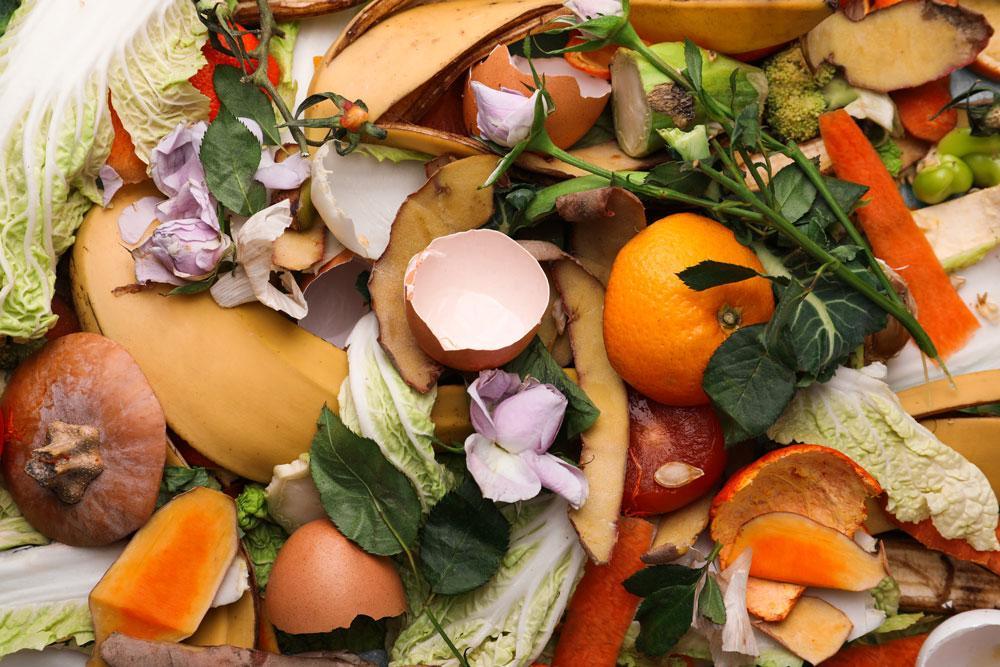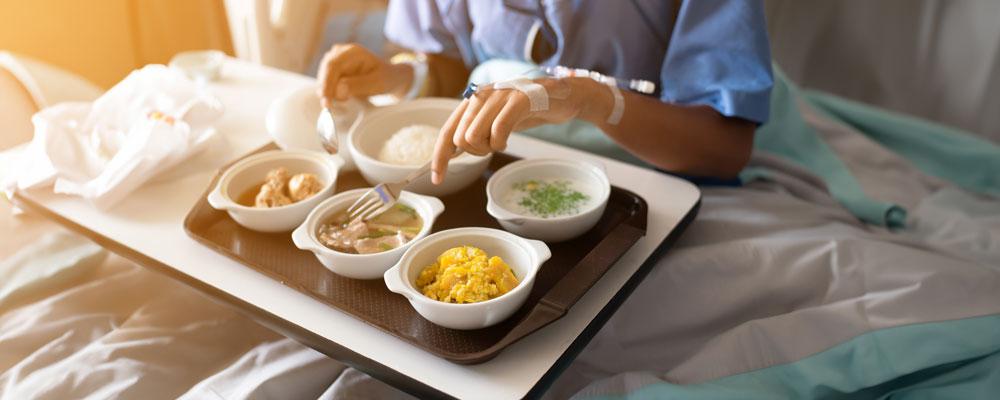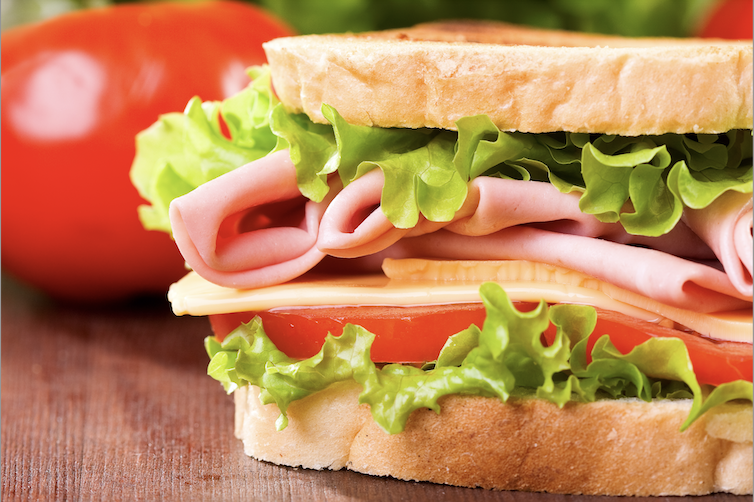Alexia Robinson, founder of Love British Food tells HB about the benefits of serving local food
Finding a point of agreement between politicians on anything is real challenge, but one area we hope that all political parties can agree on is the need to serve more British produce in the public sector.
We’re blessed in this country with some of the finest food and drink in the world - so why aren’t we providing more of it in our schools, hospitals and other public institutions? Other countries make a concerted effort to support their producers through public procurement, why don’t we?
It’s a question that has been driving Love British Food’s activities for many years and it’s one that governments of all colours have simply refused to answer. They will happily pose for photos whilst claiming to back British farmers, but we’re asking where is the concrete proof of that?
Kickstarting change
Pace of change within government is painfully slow at best, and non-existent at worst. So we took the decision that if any meaningful reform is going to be implemented, it will have to happen from the people on the ground - the caterers themselves.
Our work over many years has culminated in the creation of two working groups, for education and the NHS. Both containing many of the most influential figures in their respective fields, all dedicated to delivering one goal - serving more British produce in the public sector.
Endless committees and meetings will ultimately not deliver that, so Love British Food devised a series of farm visits spread across the country to demonstrate first-hand to NHS caterers the benefits of buying British. It’s all very well to read about the advantages on a PowerPoint presentation, but nothing can beat getting your boots dirty and seeing with your own eyes the fantastic regenerative and sustainable work British farmers are doing.
Ironically, on the same day as our Yorkshire farm visit at The Organic Pantry, there was a meeting of food industry big wigs at Downing Street - I suspect our visit did more good in getting British produce on plates in the public sector than the events in central London.
To demonstrate this, a quote from Freddie Watson who is part of the family running the farm: “It was great to have everyone down to the farm and to see a real interest from the NHS in buying local.
“Thank you for all the work you are doing to shed light on the supply chain and giving small business like us a voice and the opportunity!”
Engagement
Seeing NHS caterers engage and interact with the farming process was a joy to watch - every single one left the day with a newfound passion to source British and a better understanding of the benefits from doing so.
We want to inspire and enable caterers from across the country to do the same. The ultimate aim is to provide one of these visits for every NHS trust in the country, three have already been completed with more to come. Including one in Durham and one in Northern Ireland - when we say we Love British Food,
we mean it!
A visit we organised last year at Hollis Mead Organic Dairy has delivered tangible results, with a new tender process undertaken ending with a contract awarded to a local supplier based in Weston-Super-Mare, which is new to the healthcare industry, but has experience in managing contracts within education. The new supplier has already shown a positive commitment to the environment by ensuring that all deliveries are free of plastic wrapping.
This is what Anna Warman, the facilities manager at Somerset NHS Foundation Trust (FT) said about the day: “Our visit to Hollis Mead was hugely inspiring and left a huge impact on us all. As our NHS trust has grown, we’ve become reliant on larger suppliers, but seeing the benefit that sourcing local produce has on both the environment and our patients, has motivated and given us the appetite to push forward with securing more local produce where we can.”
And her plans for the future?
“Key to our success in changing how we work was the way our sustainability manager, procurement team and lead dietitian worked together to find the best solution.”
“We’re looking forward to exploring our next challenge to go local – fruit and vegetables.”
This is exactly the message we want caterers to come away from the visits with - it’s doable and it’s beneficial for all involved. Staff feel inspired, patients enjoy delicious produce and local businesses feel the economic benefit. Cutting down food miles and delivering a boost for local businesses - what’s not to like?
Love British Food engagement with the NHS is growing all of the time and we are lucky enough to work closely with many of the key people within the organisation. One close friend of Love British Food is Timothy Radcliffe who had this to say following our Yorkshire farm visit:
Timothy Radcliffe, Net Zero Food Programme Manager NHS England: “This is enabling our caterers to understand exactly how important the farms are in our community and vice-versa - how important our hospitals are to the farms.”
“Let’s fly the flag. We’re proud to have British food on our menus.”
What an endorsement and it’s a can-do attitude that we absolutely love to work with.
Aims
Visiting producers and procuring local food has several aims and benefits.
The wider benefits to society from properly invested in hospital food cannot be overstated. We’re all aware of the constant pressures that NHS staff are under, so what’s a cost-effective way to free up capacity? Providing food with high nutritional value, helping patients to recover faster and therefore vacate their
beds quicker.
Anyone who has spent a prolonged period of time in hospital understands the power of a well-prepared and nutritional meal. Often that is not available, but food plays such an important part in a patient’s recovery. Viewing it as an investment is vital and we’re desperate for politicians to understand its value. Clearly, there is a long way to go.
Imagine what a well-funded campaign from central Government could do for public procurement. It would transform how hospitals across the country buy their food, where they purchase it from and what patients are fed in health facilities. I guarantee that if it was run properly, it would easily pay for itself in a matter of months.
Until that happens, if it ever does, the responsibility will fall on the shoulders of Love British Food to deliver positive change. We are a small organisation, but we punch well above our weight and possess a track record that any large campaigning group would be proud of. British Food Fortnight is the vocal point of our activities, starting on the 16th of September running until the 2nd of October - if you’re looking to join, now is the time to plan.
Expect to hear a lot more from Love British Food over the coming months and years.





